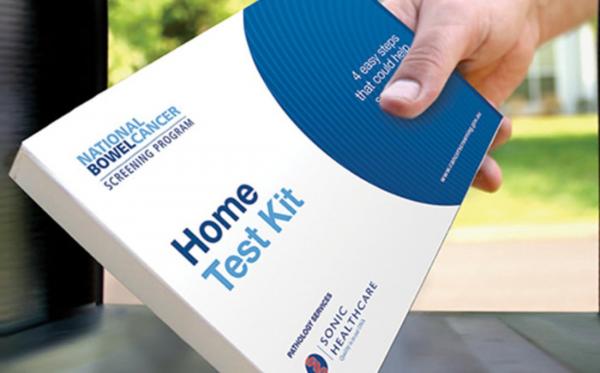Bellarine Peninsula and Surf Coast residents lead the state in life-saving bowel cancer screening, according to Cancer Council Victoria data released this week.
The coastal regions, both with relatively high aged populations, together recorded a 55.1 per cent participation rate among eligible residents in 2018-19.
The result was an increase on 51.4 per cent during 2016-17 and moved the region from second Victoria-wide to top of the state.
Geelong residents lagged behind their coastal counterparts in 26th place with 48.3 per cent participation.
But the result, up from 44.8 per cent in 2016-17, meant Geelong was the ninth most-improved area in the state.
“Geelong residents who have completed their bowel screening test deserve a pat on the back,” Cancer Council Victoria chief executive Todd Harper said.
“We would encourage everyone to talk to their friends and family who are aged 50 to 74 and ask them if they’ve done their test – talking about poo isn’t taboo when it could save your life.”
The test, sent for free annually to eligible Australians aged 50 to 74, involves scraping a small sample of faecal matter for testing.
“Bowel cancer is Australia’s second biggest cancer killer claiming the lives of around 100 Australians each week,” Mr Harper said.
“Thankfully [the screening test] can detect these cancers early, often before symptoms arise.”
About four in 10 eligible Australians completed the test in 2018-19, according to the Australian Institute of Health and Welfare.
That equated an increase of 93,000 extra tests compared to 2016-17, Mr Harper said.
“The extra 93,000 tests completed nationally equates to 860 cancers being prevented and 470 lives saved over the next 50 years.”
But Mr Harper said increasing that to every six in 10 could save an extra 84,000 lives over the next 20 years.
“If you have the screening test at home and you’re yet to complete it, please do the test now,” he said.
The release of the data coincides with new federal government funding for a campaign to get more people participating in bowel screening.







